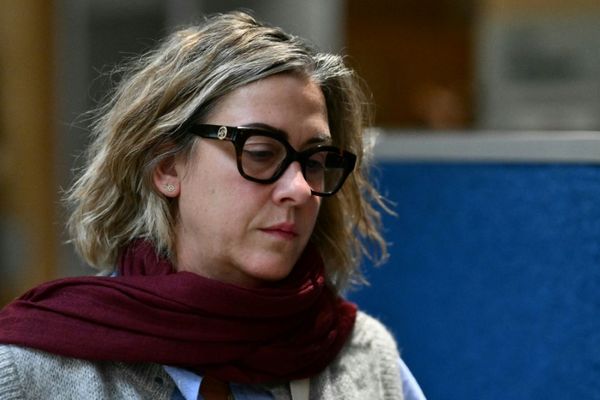
The departure of one monarch and the arrival of another raises the question of what Britain has lost in the transition. The death of the Queen feels to some like the loss not of bearings but of the nation’s compass itself. Monarchy is a form of religion. In a secular age, it is easier to disavow God than the monarchy. Plainly much of the country is grief-stricken, though the proportion who were unmoved or critical is unknown. But the advent of King Charles III brings about a sense of change – and foreboding.
Even among the more detached, touched by unsuspected sorrow, the new sovereign will gain support. But the new King is not as popular with the public as his mother. That is a problem for Charles III and the institution he heads because in a democracy monarchies depend on public consent. One only has to look at Prince Andrew. The King’s younger brother’s ill-fated BBC Newsnight interview – in which he defended his association with the convicted sex offender Jeffrey Epstein – saw his approval ratings sink to 7%. Walking behind his mother’s coffin on Monday is a rare public outing for a prince who was once second in line to the throne.
Modern societies expect their institutions to change and keep in step with the values and aspirations of the public. The great success of Elizabeth II as monarch was to keep her considerable exercise of soft power out of the public view so that it is not threatened by scrutiny. The sovereign’s power rests on the fact that monarchical consent must be obtained in advance before the introduction of any bill that interferes with the prerogative powers of the crown and effects on the crown’s private interests. King Charles, like his mother, will have the ability to exercise influence before final decisions are made. Both these aspects of consent should be abandoned.
There should be a wider consideration of royal reform by parliament. While the late Queen volunteered to pay some income tax in the 1990s, her son did not pay inheritance tax – and the £650m private estate of the Duchy of Lancaster passed to King Charles untaxed. That deal needs to be reviewed. The royal finances are obscured by what is private and public property. A quarter of the profits from the crown estate are given to the reigning monarch in the form of a grant. Last year this was worth about £85m. But the bill for royal security is picked up by the state – bringing the annual cost of the monarchy to £350m. For all the protestations of moth-eaten palaces, the cost of living crisis has yet to make headlines in the royal household.
A divided Britain, in which the late Queen was a glue, cannot disregard the consequences of her departure. Brexit opened up constitutional fissures – notably when the supreme court ruled unlawful parliament’s prorogation in the name of the crown. The powergrab by Boris Johnson to assume the royal prerogative to dissolve parliament remains contested by constitutional experts.
Who is the head of state does matter. Birthright is not the right way to choose one. Parliament is the place to decide whether Britain needs a slimmed down monarchy – or one at all. There is an appeal to a sovereign standing above the fray in an age of political populism. But MPs should not bend the knee before inheritance and rank. Modern Britain has little need for trappings and privileges that belong to another age.







